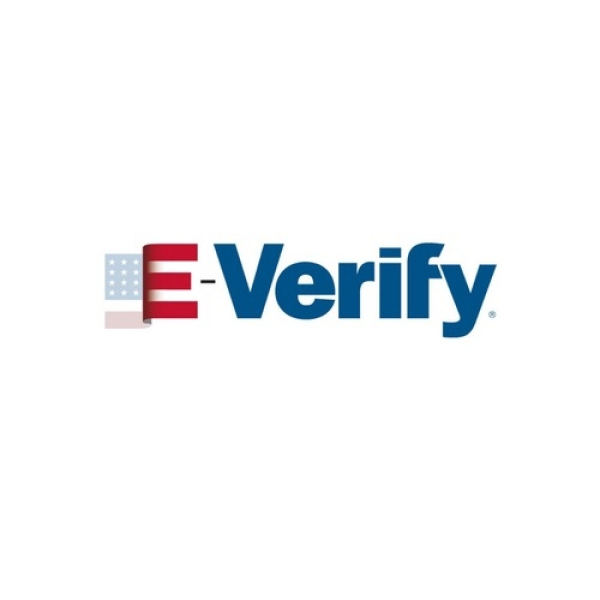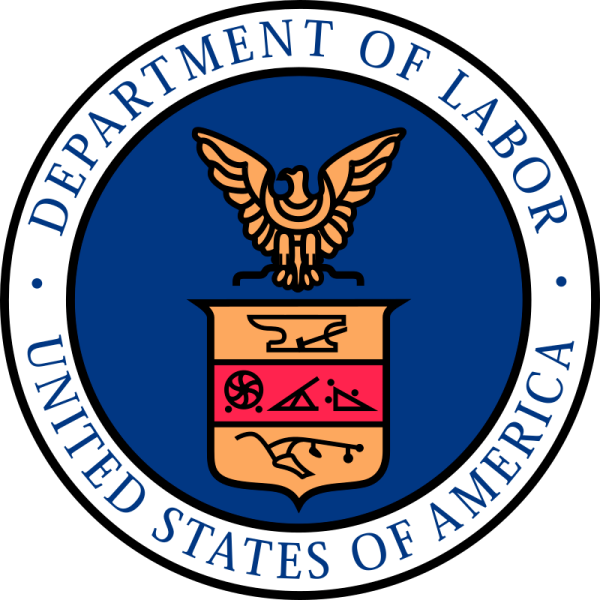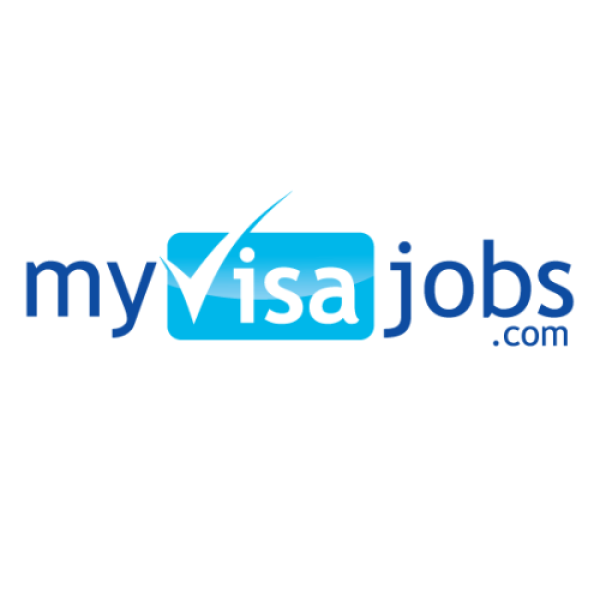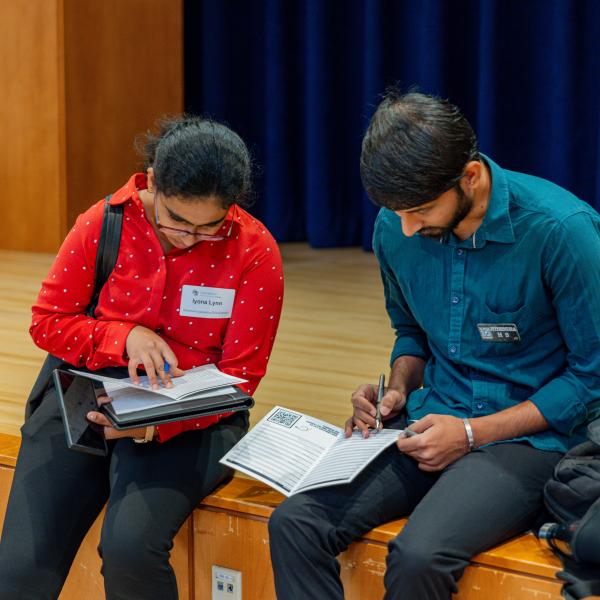International Student Job Search

Remember that if you are currently on an F-1 or J-1 student visa, you have options to obtain work authorization without needing any additional visa sponsorship from an employer. If your F-1 or J-1 work authorization is set to expire, then you will need direct sponsorship from the employer, which in most cases means petitioning for the H-1B visa status. Not all employers are familiar with the H-1B visa status and they might not be aware that it is the employer’s responsibility to sponsor the H-1B.
Make sure that when the topic arises, you’ll want to demonstrate some knowledge about work visas and/or work permission (CPT, OPT or Academic Training).
As you’re working toward gaining a job opportunity, you must remember to seek work authorization. If you are hoping to gain CPT, OPT or Academic Training authorization, advisors in ISSS can provide guidance regarding these procedures. You’ll want to know how long the processing time for authorization is so that you can negotiate an appropriate start date with your employer. You don’t want to make an employer wait for the authorization to be complete, but it is very important that you obtain work authorization prior to beginning work.
Organizations that Hire International Students
As an international student, there are always concerns about which organizations and companies are willing to hire you. Networking is an excellent way to find potential employers. Then look for organizations that have hired international workers in the past. These are just some of the resources to help research companies, target a search or focus your networking.
Job Search Resources
The key to getting positions at your most-desired companies is to sell your skills and experience first; you need to show them what you can give them before trying to get something from them (aka visa sponsorship, if applicable). If they can see your talents first or find you to be a good fit for their company culture, then they will probably be more willing to discuss sponsorship with you in the future. Be sure to check out these resources:
Networking is based on making meaningful connections that are mutually beneficial, which can be achieved through clearly communicating some combination of your interests, skills, goals and experiences. In the U.S. it is very common to contact someone who is currently working in your area of interest and speak with them to ask for advice. This directness in communication is valued in the U.S.
The resume and cover letter are the most basic components of every application you submit. For graduate applications and other specialized fields, you may also want to read about a similar document, the curriculum vitae (CV). For helpful tips on writing a resume/CV for various countries, check out the country guides on GoinGlobal.
After you have submitted your resume, cover letter and any other application materials, an employer who finds you favorable will contact you for an interview. Interviews can be nerve-wracking and can be more difficult if you are conducting them in a non-native language. Career counselors are available to assist you with preparing for interviews. For helpful tips on interviewing skills for various countries, check out the country guides on GoinGlobal.







